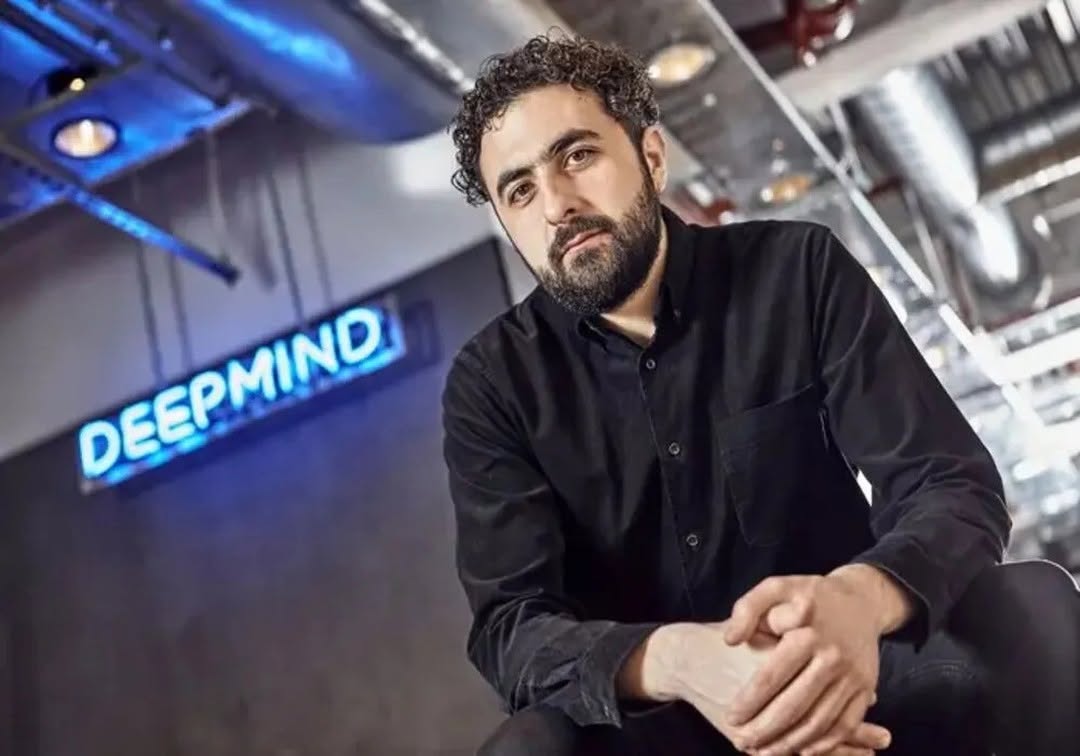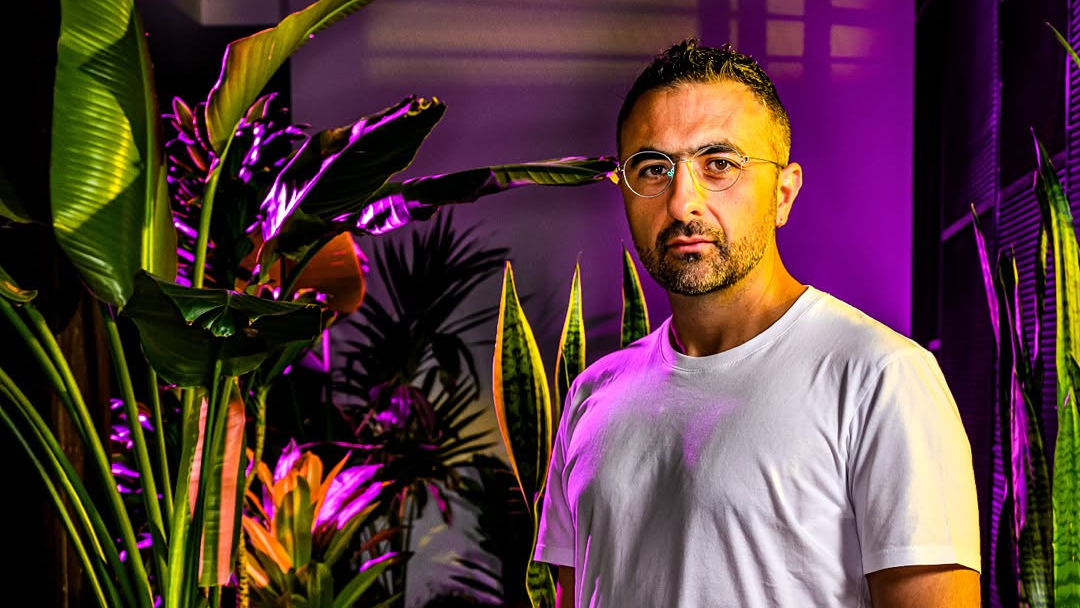Meet Mustafa Suleyman: The Man Behind Ethical AI and Tech’s Most Powerful Moves
In the ever-accelerating race to control the future of artificial intelligence, few names command as much weight—and curiosity—as Mustafa Suleyman. A British tech entrepreneur with Syrian and English heritage, Suleyman is best known for co-founding DeepMind, one of the world’s most advanced AI research labs, and now serves as the CEO of Microsoft AI, where he’s leading the tech giant's next wave of innovation.
With a reputation for balancing cutting-edge technology with deep ethical concerns, Suleyman has gone from activist to AI mogul in less than two decades—charting a path that blends idealism, intellect, and unmatched influence.
Who Is Mustafa Suleyman?
Born in 1984 in London to a Syrian taxi driver father and an English nurse mother, Suleyman grew up in a working-class neighborhood in North London. He dropped out of Oxford University (where he was studying philosophy and theology) at just 19 to start Muslim Youth Helpline, a mental health support service that gained national acclaim. His early work in social activism and public policy laid the foundation for what would become a career defined by tech-for-good innovation.
Suleyman's blend of ethics and enterprise has made him one of the most intriguing figures in Silicon Valley and beyond—someone who doesn’t just want to build the future, but shape it responsibly.

Mustafa Suleyman
What Is He the CEO Of Now?
In 2024, Suleyman was named CEO of Microsoft AI, a major strategic role in which he oversees all consumer-facing AI products, including Copilot, Bing, and Edge. The appointment marked a bold move by Microsoft to double down on responsible, human-centered AI—a space Suleyman helped define.
His leadership at Microsoft AI comes at a pivotal time when competition with Google, OpenAI, and other tech giants is at an all-time high. Suleyman’s mandate? Push AI forward without losing sight of the real-world consequences.
What Has He Created?
Suleyman is best known for co-founding DeepMind Technologies in 2010 alongside Demis Hassabis and Shane Legg. DeepMind became famous for developing AlphaGo, the AI system that defeated world champion Go player Lee Sedol—a landmark moment in AI history.
He also helped create DeepMind’s Applied AI division, focusing on real-world solutions, including energy-saving systems for Google’s data centers and early AI models for medical diagnosis.
After leaving DeepMind, Suleyman co-founded Inflection AI in 2022 with LinkedIn co-founder Reid Hoffman. Their flagship product, Pi (short for "personal intelligence"), is a conversational AI assistant designed to be emotionally intelligent and user-centric. Inflection quickly became a major player in the AI space before Suleyman was tapped by Microsoft to lead its AI vision on a global scale.

Why Did Mustafa Suleyman Leave DeepMind?
Despite being a co-founder, Suleyman left DeepMind in 2019 under somewhat controversial circumstances. Reports surfaced about tensions within the company and concerns over leadership style. However, Suleyman has stated that his departure was primarily driven by a desire to focus on applied ethics in AI—a space he felt was being overshadowed by theoretical research.
His move to Google, and later to founding Inflection AI, allowed him to stay true to his mission of building AI that enhances human potential without compromising values.
Related: Inside the Ultra-Powerful Summit Shaping the Future of Media, Justice & AI
Related: Inside Zuckerberg’s Superintelligent AI Gamble: The Team, the Costs, and the Controversy
What Is Mustafa Suleyman Known For?
Suleyman is widely recognized as a pioneer in ethical artificial intelligence. Unlike many of his peers, he has consistently championed regulation, transparency, and the responsible deployment of AI technologies.
In his 2023 book, The Coming Wave, he warned of the risks posed by unchecked AI and synthetic biology, calling for urgent global cooperation to avoid existential threats. The book became a bestseller and cemented his reputation as one of AI’s leading thought leaders.
He’s not just building the future—he’s sounding the alarm and offering a blueprint for how humanity can survive and thrive alongside machine intelligence.

Mustafa Suleyman
When Did He Reach Success?
Mustafa Suleyman's breakthrough came when Google acquired DeepMind in 2014 for over $500 million, propelling him into the global tech spotlight at just 30 years old. But his influence only grew with time. By his mid-30s, he had launched another major AI company, earned a role inside Google’s executive suite, and co-authored one of the most talked-about books on future tech.
Now, at 41, as CEO of Microsoft AI, he stands at the apex of global tech power—with both corporate and cultural influence that few in Silicon Valley can match.













